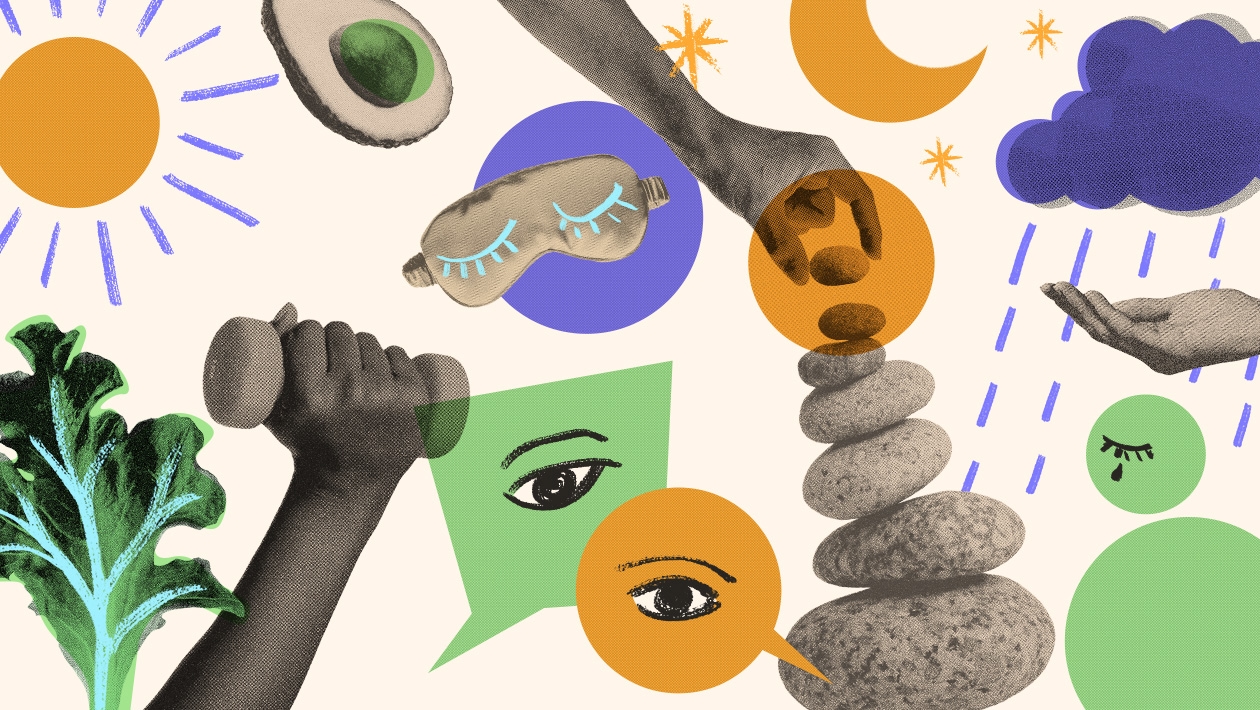I am regularly asked to present or lead workshops at my institution on creativity, encouraging faculty and administrators to be creative, and making use of technology to this end. I am finding that despite agreement in theory that creativity is needed, helpful, necessary, and useful, my colleagues oftentimes hesitate to implement creative solutions to their work.
In trying to unpack this paradox, I came across two things that helped. First, this wisdom from Maya Angelou, reminding us that our culture (school culture?) beats creativity out of us and by the time we are adults, it is difficult to go back:
And second, an interview with Tom Morello (Rage Against the Machine, Audioslave, etc.) on the Howard Stern Show where he talked about creativity related to mistake making (the entire interview is great, but relevant section at 2:25 on). He emphasizes refusing perfection and practicing mistakes.
So what, then, is the connection between creativity and mistake making? How can we create a culture of mistake-making in our institutions? How do we remain creative within un-creative structures? How do we remain creative in chaotic, changing situations? How can we reclaim the creativity that has been knocked out of us?








September 03, 2022 . English
English
I love these questions! Mistake making is simply part of the creative process, but failure and mistakes have such a negative connotation, especially in traditional academic environments. Michael Mills and I wrote an article last year about the role of productive failure in creative path-making, and it's something I'm interested in exploring more in my research. It seems to me that we have to create learning environments that encourage a certain level of risk-taking if we want students to feel comfortable embracing the creative process. The same is true for faculty. If we want to reimagine our institutions, we have to know that mistakes will happen along the way. It's just part of the creative process.
This action is unavailable while under moderation.
This action is unavailable while under moderation.